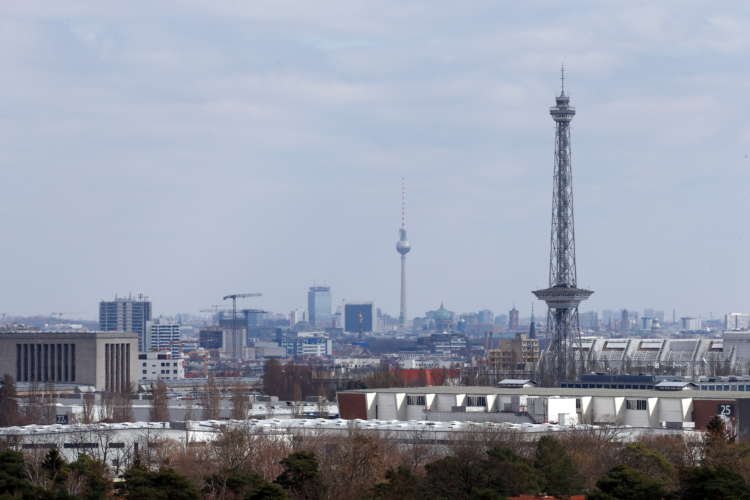Top Stories
Exclusive: Bundesbank expects chip bottlenecks in German industry to worsen in Q2
Published by linker 5
Posted on April 30, 2021
1 min readLast updated: January 21, 2026

Published by linker 5
Posted on April 30, 2021
1 min readLast updated: January 21, 2026

Explore more articles in the Top Stories category











